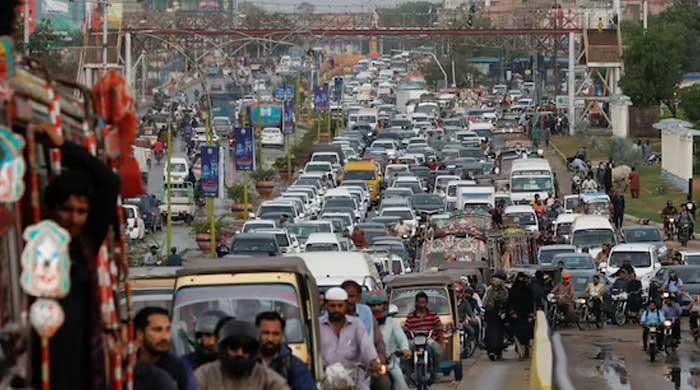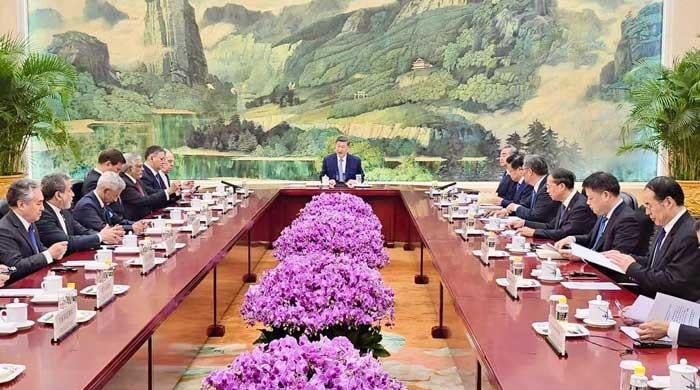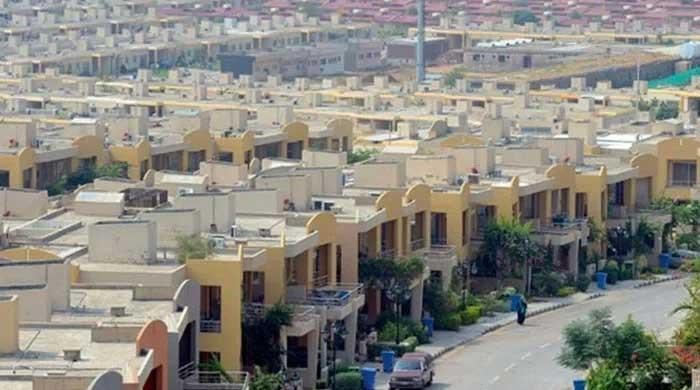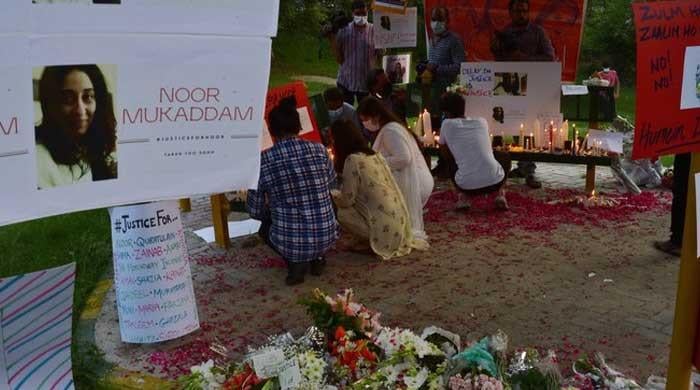How tolerant are we?
Tolerance seems to have completely disappeared from the society that we are living in
February 04, 2022
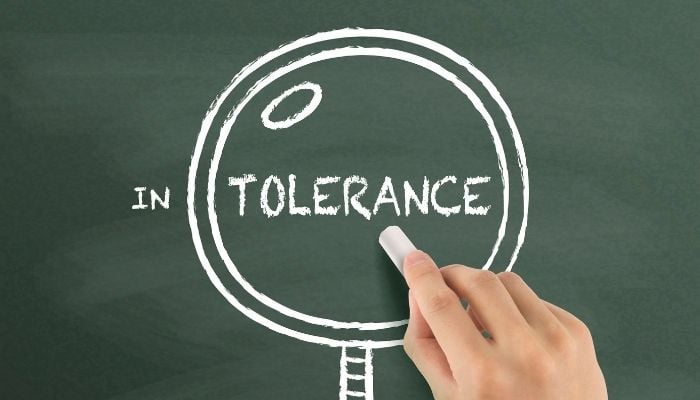
Amongst all other issues stealing the spotlight, making headlines or trending on social media, the most evident one that fails to capture any attention is lack of tolerance.
Tolerance seems to have completely disappeared from the society we are living in.
You park your car and witness two people yelling and fighting over a parking space. You drop your child to school and witness ultimate levels of intolerance while standing in a queue. No one seems to want to wait their turn patiently.
This brings me to ask: what we are teaching our children? What examples are we setting for them?
Tolerance is a concept that has to be taught repeatedly. We need to learn to live together and be patient. Intolerance doesn’t do good to any of us, no matter how justified our version of the truth is. It only leads to separation, misunderstanding and hostility.
Have we forgotten how to settle our disagreements through debate and discussions? Or can we only solve an issue by raising our voices?
Intolerance, therefore, acts as fuel to fire in order to foster civic disorders, which as a whole is a termite to the foundation of a society.
Tolerance has a direct link to ensure peace and prosperity in the society. If we have to define a perfect democratic state, it would be one where all citizens are treated equally. All human societies that have ever existed, dating back from the Greek eras till date, have worked on building a society based on tolerance, harmony and social justice.
Whenever any of these elements start losing importance, frustration starts building up in the people, which results in all sorts of intolerant acts.
A huge responsibility also lies on the shoulders of our politicians who must portray themselves first as tolerant individuals rather than encouraging the public to display acts of outrage on every level.
We have clearly forgotten that freedom of speech means the other party has the right to have their own opinions too.
It is time that parents and teachers follow certain principles for the character-building of the next generation. Moreover, since political leaders serve as role models, they should preach ethical values for the betterment of society.
Pakistan is a multi-ethnic society. According to our founder, Quaid-e-Azam Muhammad Ali Jinnah, the sole motto of having a separate homeland, was to have a state where everyone could spend their lives according to their own will.
Unfortunately, what we see these days is that the politicians or the state have failed to implement any of the policies that would encourage tolerance and discipline.
Last but not the least, it is extremely important for us to understand that despite blaming the government for not implementing effective policies, we need to take steps towards changing our attitudes on individual levels as well. As adults we should take responsibility and learn from our mistakes in order to define better strategies for the future.
We should aim to project a positive image for the world to see a “Tolerant Pakistan”.




